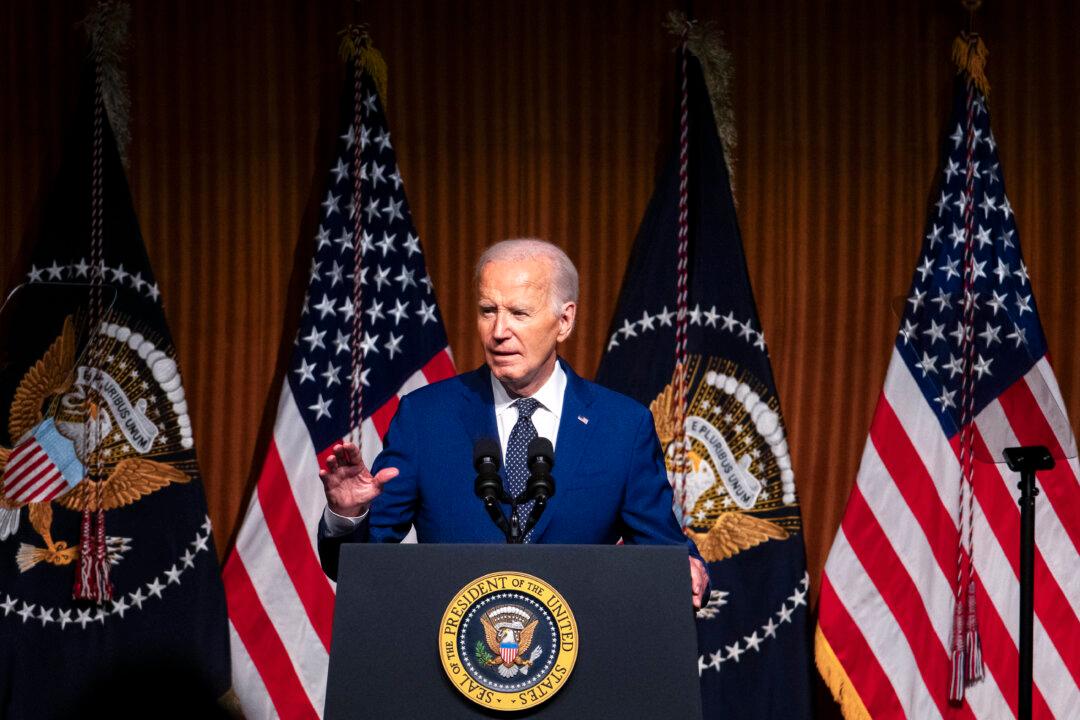President Joe Biden called for reforms to the Supreme Court in a speech at the Lyndon Baines Johnson Library and Museum in Austin, Texas, to commemorate the 60th anniversary of the Civil Rights Act.
“We need a mandatory code of ethics for the Supreme Court, and we need it now,” he told the audience on July 29. “Today, I’m calling for three bold reforms to restore trust and accountability to the court.”






